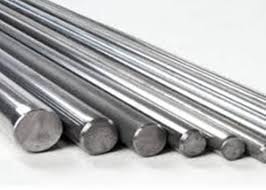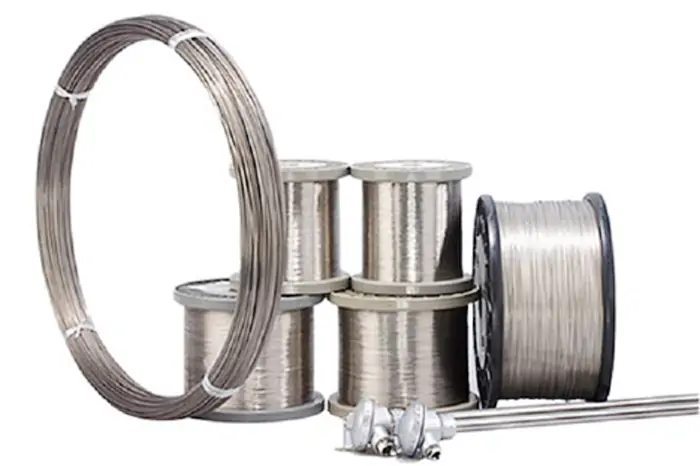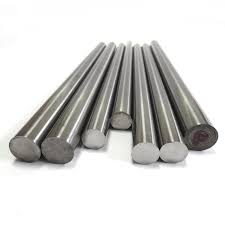In industries where exposure to harsh environments is common, understanding the role of corrosion-resistant alloys is crucial. These materials are designed to withstand the degrading effects of corrosion, which can significantly impact the longevity and safety of structures and equipment. This article delves into what corrosion-resistant alloys are, their applications, and why they are essential in various industries.
Corrosion-resistant alloys are specialized metals that have been formulated to resist corrosion. These materials are vital in environments where traditional metals would corrode quickly. By incorporating elements such as chromium, nickel, and molybdenum, these alloys gain an enhanced ability to resist oxidation and degradation.
Key Components
- Nickel Alloys: Often used in the chemical industry, nickel alloys boast high durability and excellent resistance to a wide range of corrosive environments. They are a top choice for situations that require both strength and corrosion resistance.
- Stainless Steel: Known for its impressive corrosion resistance, stainless steel is a popular choice in marine and industrial applications. Its chromium content forms a protective layer that prevents rust and other forms of corrosion.
- Marine Grade Alloys: These are specifically designed to withstand the salty and moist conditions found in marine environments. They are commonly used in boat building, offshore structures, and other marine applications.
Applications in Various Industries
Corrosion-resistant materials play a pivotal role in numerous industries. They ensure the longevity and functionality of equipment and structures exposed to corrosive environments.
Chemical Industry
In the chemical industry, corrosion-resistant metals are indispensable. They prevent contamination and ensure the integrity of chemical processing equipment, piping, and storage tanks.
Marine Industry
The marine industry heavily relies on marine-grade alloys to prevent the rapid corrosion that saltwater environments can cause. This includes shipbuilding, offshore drilling rigs, and underwater pipelines.
Construction and Infrastructure
For construction and infrastructure, using corrosion-resistant alloys means prolonged durability and reduced maintenance costs. These alloys are often used in bridges, skyscrapers, and other structures exposed to the elements.
Importance of Corrosion-Resistant Alloys
The use of corrosion-resistant alloys extends beyond just longevity. These materials are crucial for maintaining safety, reducing maintenance costs, and ensuring the reliability of industrial operations.
In summary, corrosion-resistant alloys are a cornerstone of modern industry. Whether in the chemical, marine, or construction sectors, their ability to withstand harsh conditions is invaluable. Understanding these materials and their applications can lead to better decision-making and more durable products in the long run.
For further insights into corrosion-resistant alloys and their benefits, feel free to reach out with your questions or comments below.








